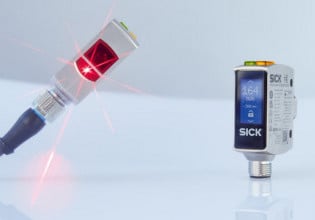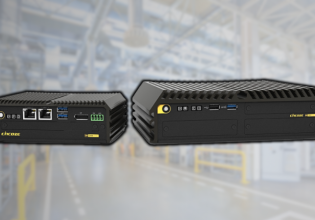J
I would like to ask few questions on MODBUS communication protocol. Please provide me the correct answers.
1. What is the maximum number of SLAVE devices can communicate in MODBUS TCP/IP protocol with out any repeater?
2. Why SLAVE address should be from 1 to 247? Why slave address 0, 248 to 255 should not use as slave address in modbus communication?
3. The valid code for FUNCTION is from 1 to 255 decimal but my question why can't it from 0 to 255?
I kindly request you to answer my technical queries.
Thank you
1. What is the maximum number of SLAVE devices can communicate in MODBUS TCP/IP protocol with out any repeater?
2. Why SLAVE address should be from 1 to 247? Why slave address 0, 248 to 255 should not use as slave address in modbus communication?
3. The valid code for FUNCTION is from 1 to 255 decimal but my question why can't it from 0 to 255?
I kindly request you to answer my technical queries.
Thank you






